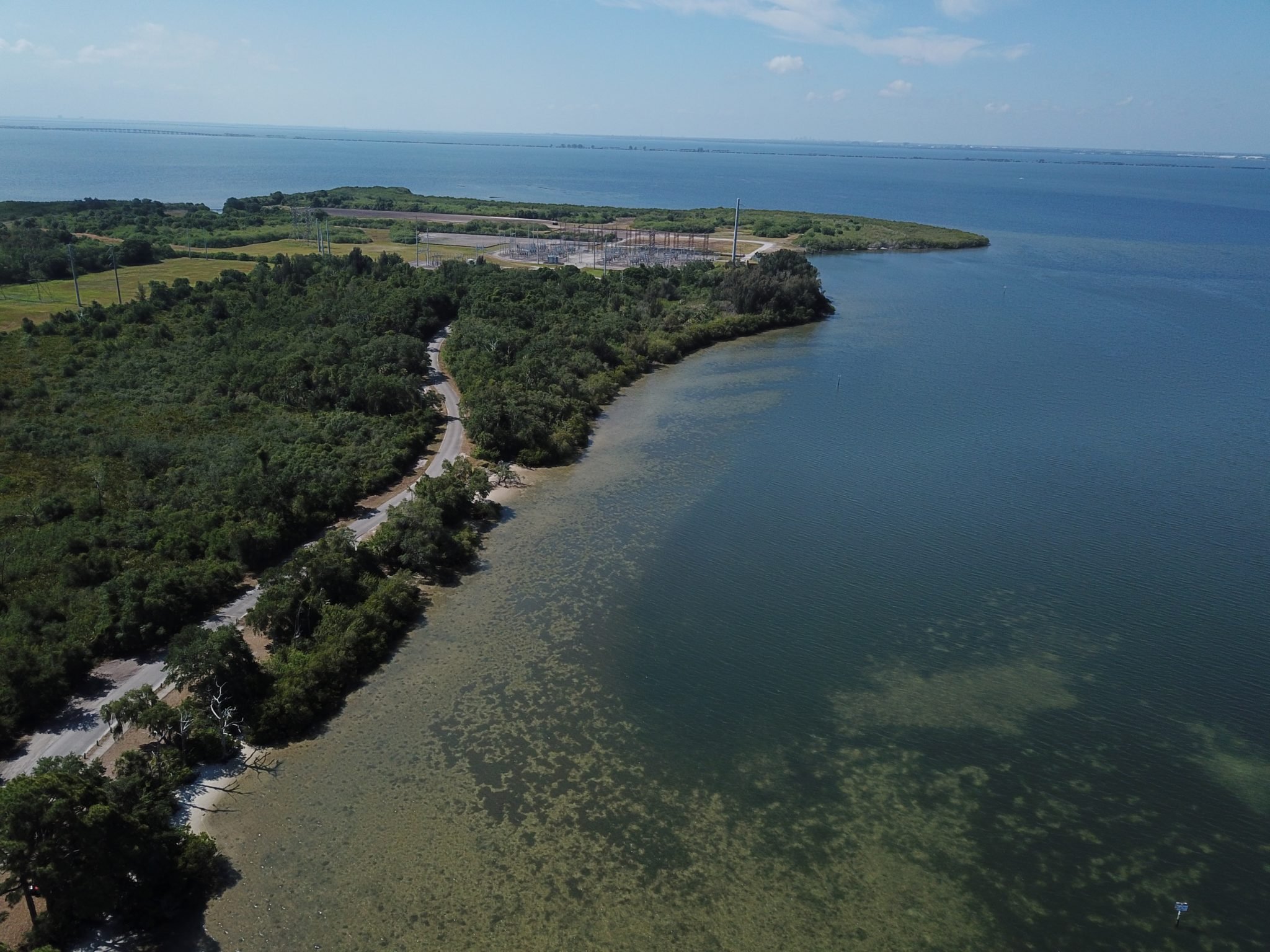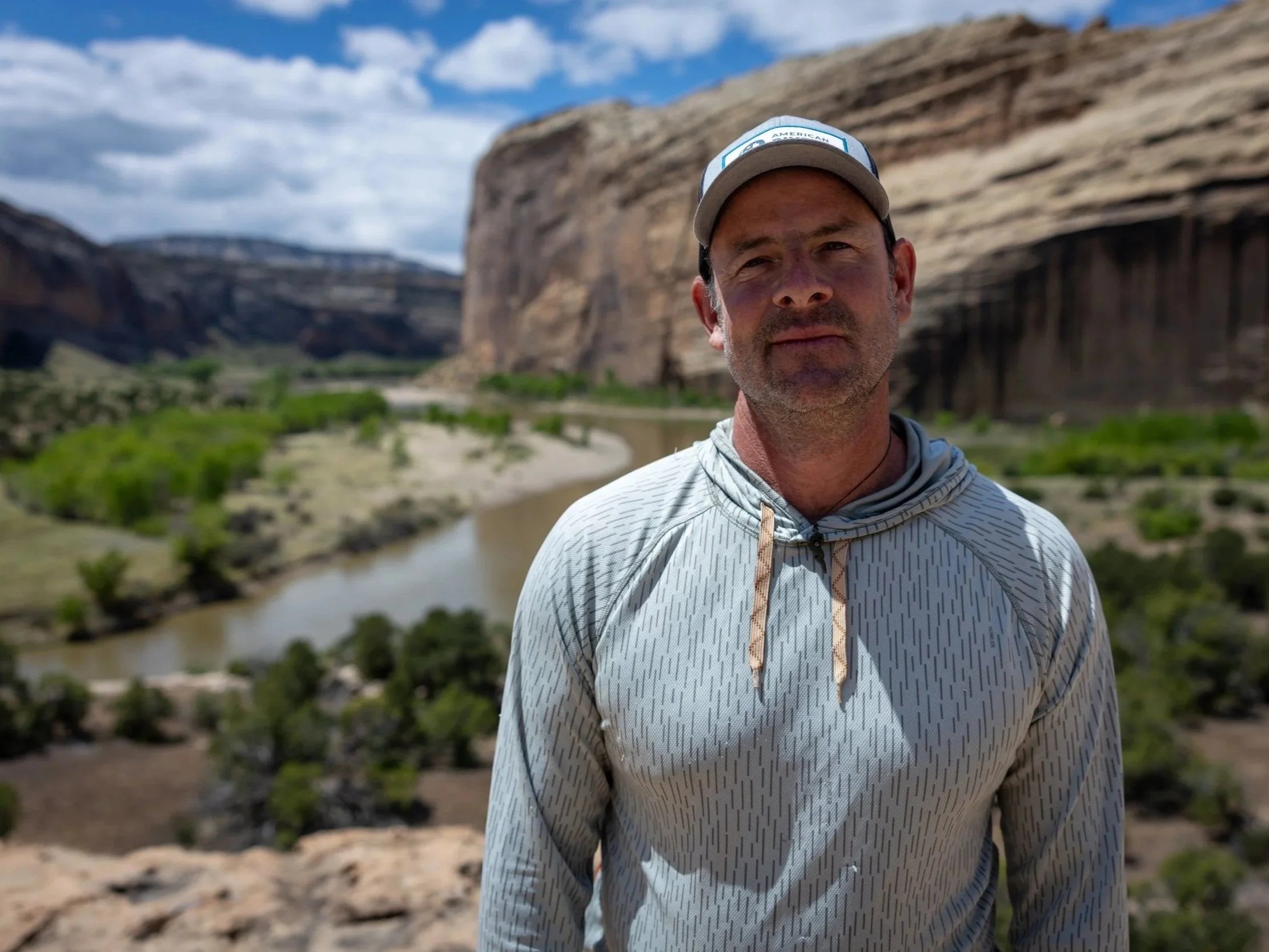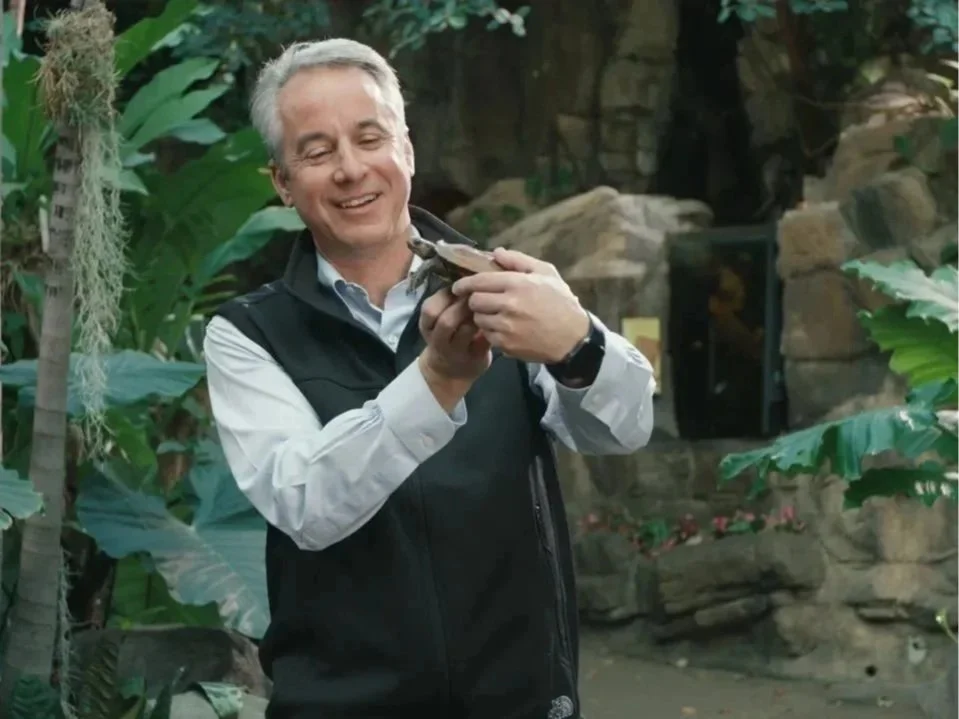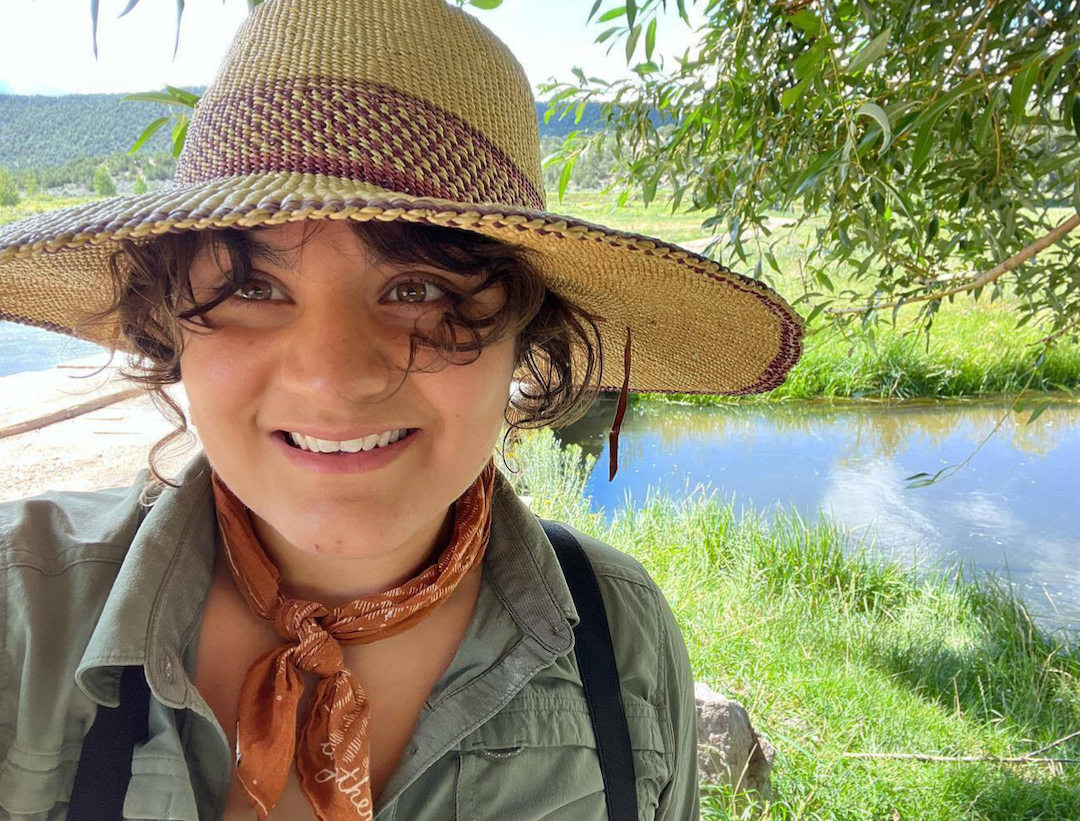Focusing on resiliency is good for the environment and good for politics
Human potential is one of MFF’s core beliefs. We believe in the capacity of every human to be their best selves and live a fulfilling life. That’s one of the reasons we invest so heavily in education, both formal and informal. Education, more than anything else, empowers people to pursue a life of purpose. It also makes people more resilient to hardship. With an education, people are more likely to find stable work, less likely to go hungry and more likely to lift themselves and their families out of poverty.
What does all of this have to do with the environment?
The upcoming Earth Day holiday is the perfect time to reflect on how we can be better stewards of this incredible planet and ensure generations to come can enjoy it as we have. Much like with humans, resilience is key to building a stronger environment.
The Future of Giving report, created in partnership with cultural consultancy sparks&honey, highlighted the idea of environmental resiliency.
“We need to move from the narrative of climate – because there’s just so much stigma and baggage around that – and into a narrative of resilience. Resiliency is very understandable and depoliticized. And so in terms of the future of giving… what everyone will have on their mind is the concept of resiliency,” explained Dr. Nathan Walworth, co-founder of NEXUS Futures and CoVALENCE.
Resiliency is not only a legitimate way to protect the environment, it’s one that has the potential to transcend different political beliefs. In other words, resiliency is an idea we can all get behind.
Our partner, The Nature Conservancy Florida, is leading by example when it comes to building environmental resiliency. On March 29th, they secured a huge win for conservation when the Florida Cabinet approved a perpetual conservation easement on an 11-mile long, one-mile-wide wildlife corridor. The corridor encompasses over 6,859 acres of primary Florida panther habitat and connects to other protected habitat to provide safer migration routes for panthers to roam.
The newly protected land, called the Chaparral Slough, doesn’t just benefit panthers. It features a vast array of natural habitats, including depression marsh, wet prairie, forested wetlands, floodplain swamp, slough, floodplain marsh, hydric hammock, prairie hammock, dry prairie, and mesic pine flatwoods. The completion of this conservation easement, TNC Florida says, signifies a new era of protection for Florida’s natural habitats.
Of course, there is still much work to do. Not that long ago, we provided emergency funding to help rebuild communities destroyed by the Marshall Fire in Boulder County, Colorado. Without intervention, these major disasters are projected to continue, and to increase in number and scale.
And yet, as of 2018, only 3.08 percent of charitable contributions went to the environment and animals, according to Giving USA. It’s not all bleak, though. While that amount may seem concerningly low, it represents an immense opportunity for philanthropists to fund programs and organizations working to create a more resilient environment.
This Earth Day, we encourage everyone to think about their role to play in building resilience for the planet and every person and animal who lives on it.




